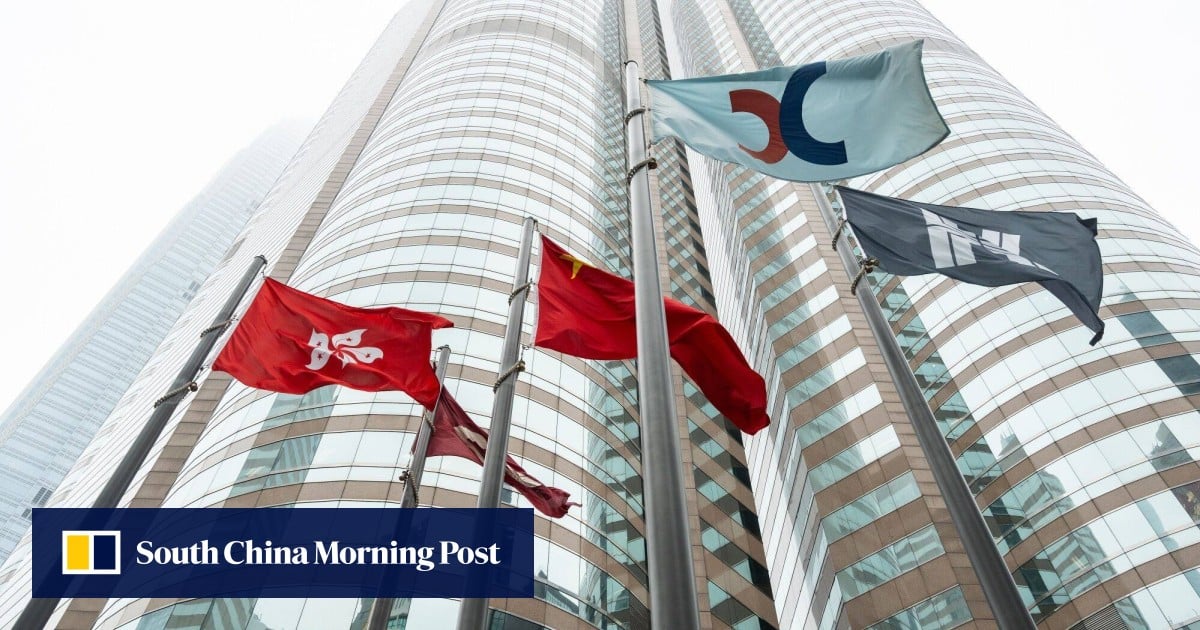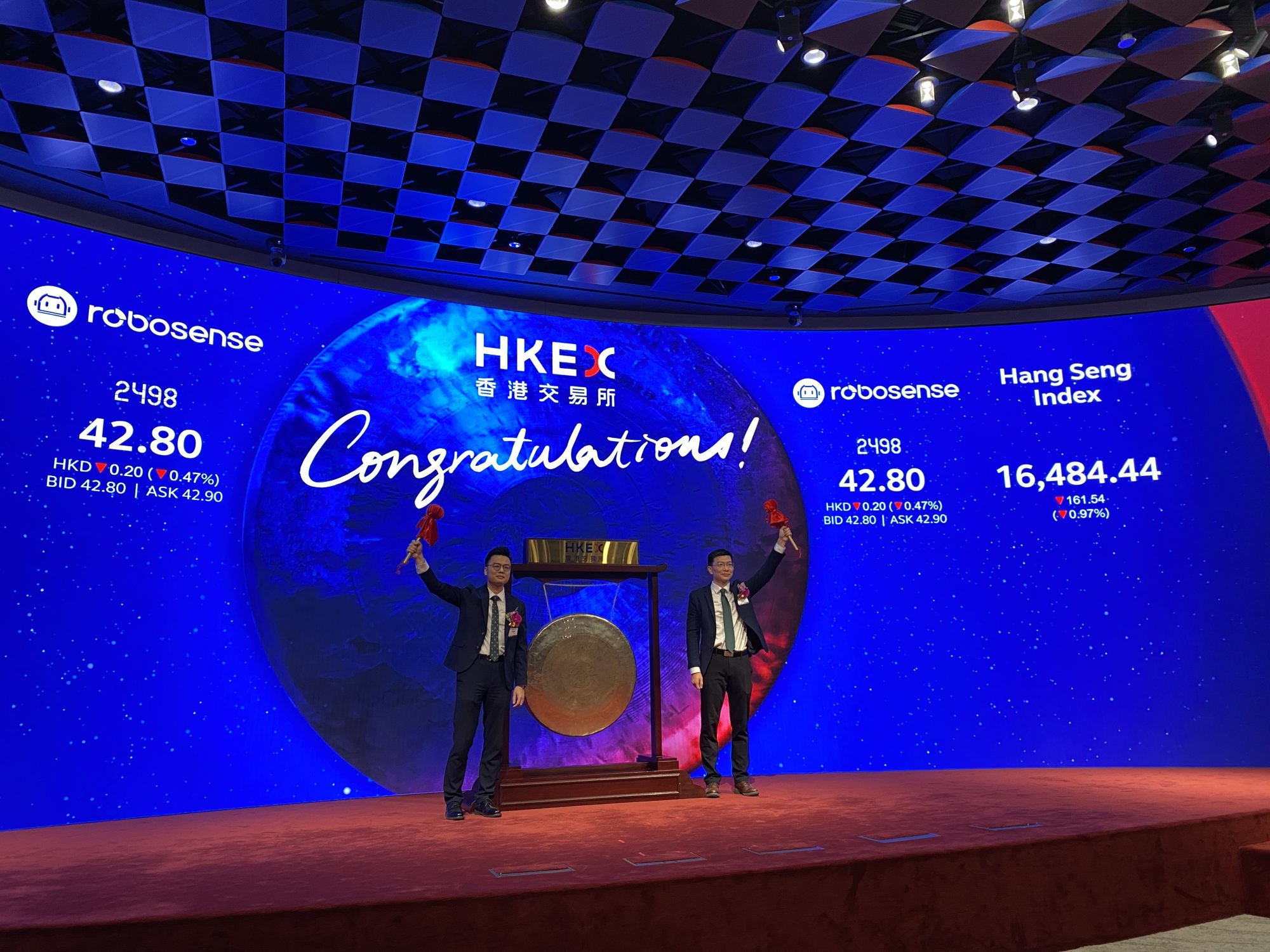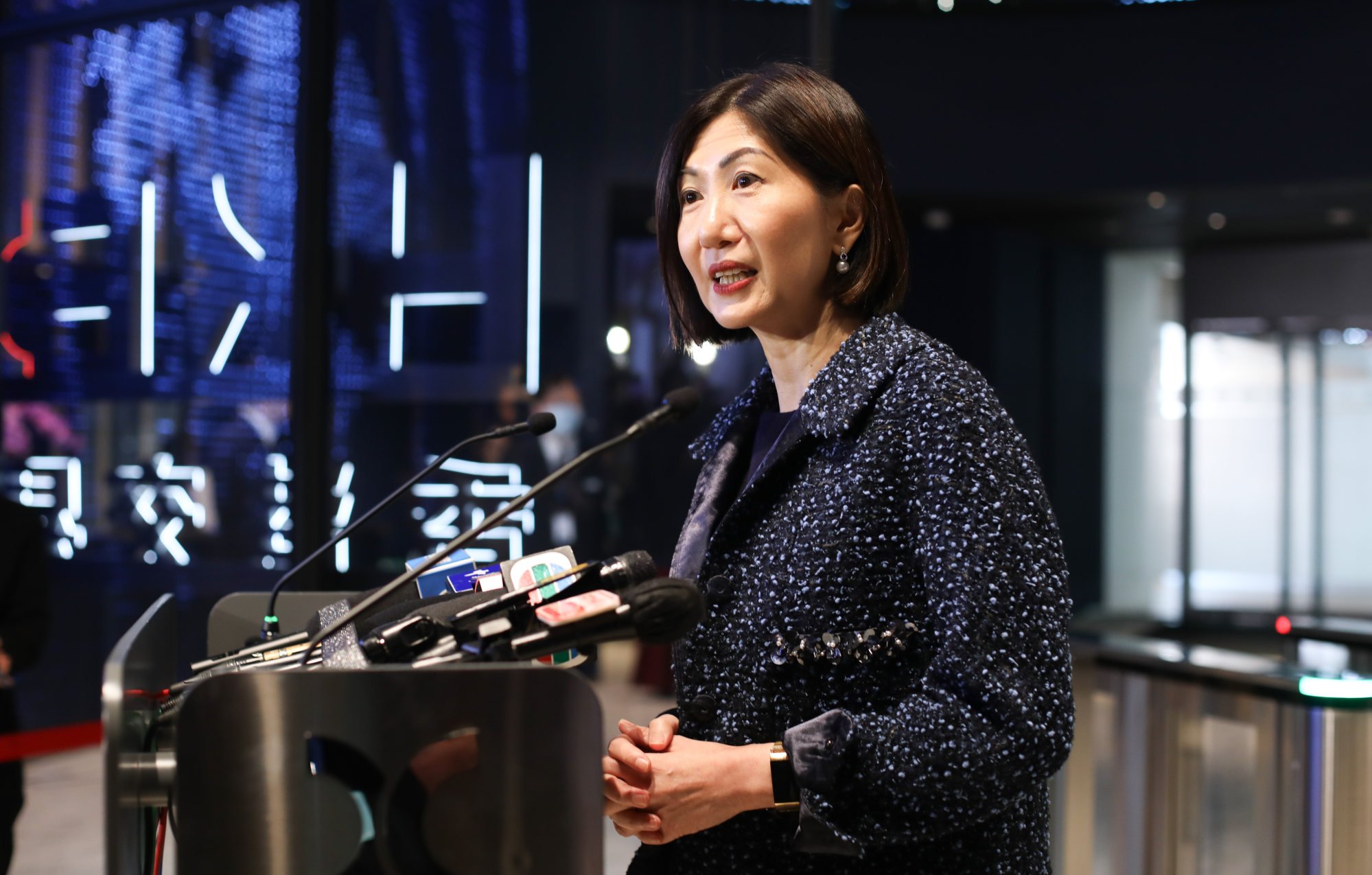
29 Mar Hong Kong’s IPO market struggles after slowest start since 2009 as jumbo deals vanish amid tighter regulations, poor valuations
Twelve companies raised HK$4.73 billion (US$604.4 million) from first-time stock sales in Hong Kong in the first quarter, representing a 29 per cent decline from a year earlier, according to data compiled by London Stock Exchange Group. That is the least since the US$580 million generated in the second quarter of 2022, and the worst first-quarter performance in 15 years.

Alibaba, the owner of this newspaper, cited poor market conditions and valuations among the IPO hurdles. As blockbuster deals vanished, the US$135.7 million IPO by RoboSense Technology in January ranked as the biggest in Hong Kong this year.
Jack Ma’s office says he is ‘very positive’ about Alibaba despite sell-off
Jack Ma’s office says he is ‘very positive’ about Alibaba despite sell-off
“While it is probably a corporate decision, Hong Kong’s equity market has missed an opportunity to reignite sentiment with a large IPO,” said Gary Ng, senior economist in Hong Kong at Natixis, a French bank. “This can delay the return of investors as there is no clear example of how data-intensive firms can list under China’s new regulatory regime.”
As China’s major bourses struggled, peers in the US built on their lead in the new year. The New York Stock Exchange ranked first globally as IPO proceeds reached US$4.5 billion, including an US$860 million offering by social media firm Reddit. The Nasdaq came in second with US$3.63 billion of deals, while India’s National Stock Exchange came in third with US$2.31 billion.
Hong Kong’s ranking fell two rungs to 10th, while the Star Market dropped to seventh from first and the ChiNext Board retreated from second to ninth.
Hong Kong bankers on ‘survival mode’ as IPO drought ends windfalls
Hong Kong bankers on ‘survival mode’ as IPO drought ends windfalls
Investment bankers and investors have been hoping for a turnaround in IPO activity this year, according to Brock Silvers, managing director at Kaiyuan Capital in Hong Kong. The withdrawal of Cainiao’s IPO plan has put an end to any such expectations, he added.
China’s economy and regulatory regime, however, are still too uncertain. The geopolitical environment continues to deteriorate, which will further create headwinds for Hong Kong’s financial markets, he added.

Elsewhere, the biggest IPO globally this year was by Swiss healthcare company Galderma Group, which completed its US$2.2 billion IPO on the SIX Swiss Exchange earlier this month. Amer Sports’s US$1.365 billion deal in New York and retailer Douglas AG’s US$977.2 million IPO in Frankfurt, rounded the top three deals.
The city’s government and HKEX have been promoting Hong Kong’s appeals to companies and investors in Middle Eastern and Southeast Asian countries to help diversify its investor base, Paul Chan said at the Fortune Innovation Forum 2024 on Wednesday.
IPOs are always affected by market sentiment, said Kenny Wen, head of investment strategy at KGI Asia in Hong Kong. Poor sentiment means valuations will be compressed, making it unattractive for major shareholders to float their companies, he added.
“The second half will have mild improvement, but the outlook is highly uncertain,” Wen added. “The withdrawal of Cainiao IPO has sent a negative perception to other companies that now is not a good time to list.”
